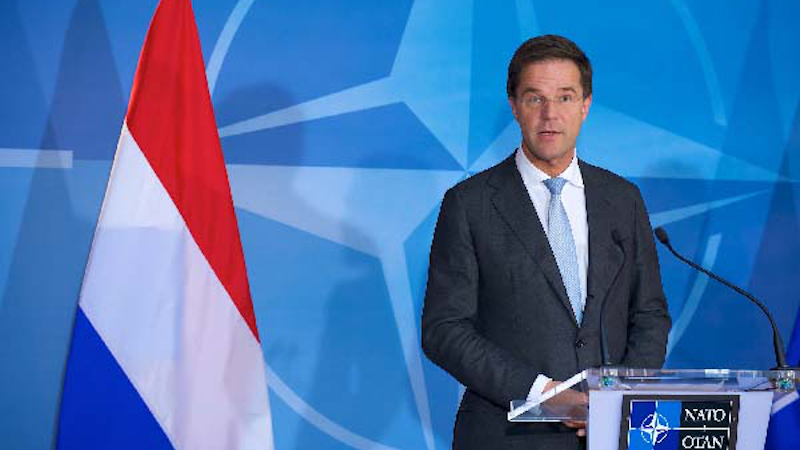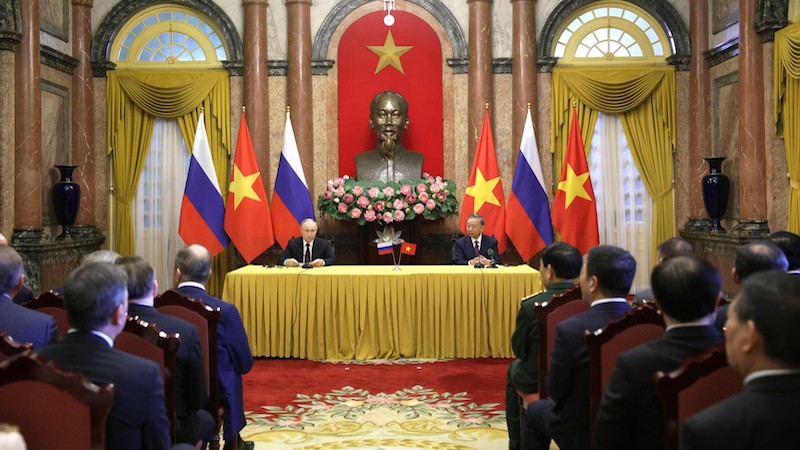

By Kitty Wang
The number of Chinese couples getting married for the first time tumbled 8.3% in the first quarter, resuming its slide over the past decade amid a;tanking economy,;rampant youth unemployment, growing awareness of gender equality and changing priorities.
Marriages rebounded 12% last year after the end of the COVID-19 pandemic restrictions, data showed, but the bounce was short-lived. Over the past nine years, first marriages have plummeted by nearly 56%, according to the 2023 China Statistical Yearbook.
That’s contributing to a;sharp decline in birthrates;and a shrinking, aging population – a trend that the United Nations projects will lead China’s population to contract from 1.4 billion to 800 million by 2100.
Three decades of the “one-child policy,” which ended in 2015, has also taken a toll: There are fewer young people – and an imbalance between men and women. There are currently 17.52 million more men aged 20-40 than women, demographer He Yafu told China’s;Jiangmen News.
Unlike their parents, young Chinese are;increasingly avoiding marriage;and the other traditional milestones such as buying a house and having children for both philosophical and economic reasons.
“If you want to have a wedding in China, you need to get an apartment and a car, and then there’s also the gift money,” said a former high school teacher from the central province of Henan who gave only the surname Lucy for fear of reprisals.
It can cost around 2 million yuan (US$275,000) to set up a married couple at the start of their new lives, even outside of major cities like Beijing and Shanghai, she said. “A wedding can empty the pockets of everyone in the family across three generations,” she said.
Children are an even bigger expense, she said.
“It’s usually tens of thousands of yuan to have a kid, including prenatal checkups, then you need to hire help, milk powder, diapers, while nursery education, even kindergartens are all very expensive,” Lucy said. “It costs too much to raise a child.”
Rising marriage age
Changing social expectations and growing awareness of gender equality are also leading young people to marry later and later, said Yi Fuxian, a senior researcher and demographer at the University of Wisconsin-Madison.
“In 2010, the average age for a woman to marry for the first time was 24, and by 2020 it was 28,” he said, adding: “It’s about 30 now, although in Shanghai it’s already over 31.”
Later marriages mean lower fertility rates and consequently fewer babies.
The number of marriage registrations nationwide in the first quarter was 1.969 million, a decrease of 178,000 couples from the same period last year.;For the year, the number was estimated to fall around 10%, said Yi.
“A lot of my colleagues are still unmarried even in their 30s,” a financial services employee from the southern city of Guangdong who gave only the nickname Mr. V for fear of reprisals told RFA Mandarin. “This would have been hard to imagine just 8-10 years ago.”
He said women who choose not to marry are often keen to hold onto their autonomy and independence, not to mention their hard-earned cash.
Recent changes to marriage and divorce regulations make it harder for women to leave difficult or abusive relationships, too.
Changes to the official judicial interpretation of China’s Marriage Law in 2011 have loosened property protections for married women thinking of getting divorced, with women losing their right to marital property if their names weren’t on the title deeds from the start.;
Chinese traditional custom requires that the husband’s name appear on the deeds, leaving many married women less willing to seek divorce if they’re unhappy.
The government has also responded to falling marriage rates with a new mandatory, 30-day “cooling-off” period for couples seeking divorce that took effect from Jan. 1, 2022.
More socially acceptable
California-based Daisy, who also declined to use her real name to protect her family from reprisals, said there are both political and social factors at play.
“Politically speaking, people actually see that marriage under totalitarianism, as a legal and social structure, contains a lot of potential harmful factors, such as the cooling-off period for divorces, the way that law enforcement deal with domestic violence, and so on.”
“Friends of mine have been through some of that, or I wouldn’t have known how hard it was to get divorced,” she said. “Even though people are striving for gender equality, feminism can’t fix these underlying problems.”
Instead, young people are finding other ways to meet their need for intimacy, companionship and family-building, by aspiring to different kinds of legal or social structures that could make marriage fairer, and an experience that more people actually want to have, Daisy said.
All of this means that staying single is now a far more socially acceptable choice than it once was, which won’t help birth rates, according to Yi Fuxian.
“Generally the proportion of unmarried people in the 25-29 age group is negatively correlated with the fertility rate,” Yi said. “The same is true in other countries around the world.”
“But in China, that proportion has increased very rapidly, and it’s a key reason for the decline in fertility in China in recent years.”



